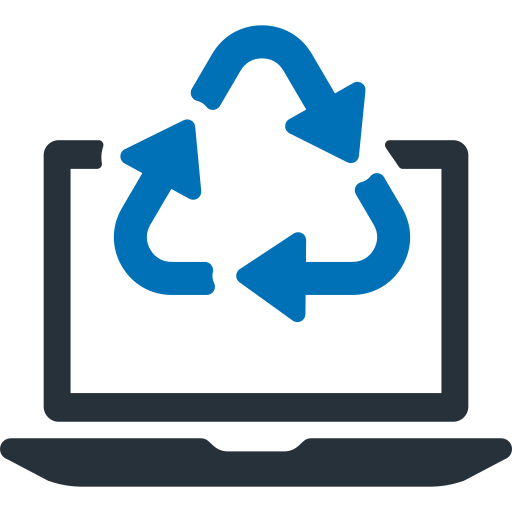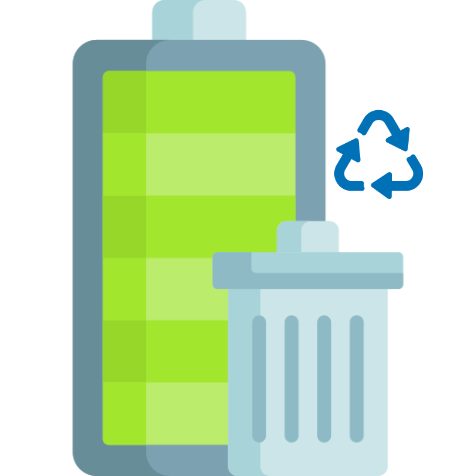Biomedical Waste Management Authorization
Biomedical wastes cause severe damage to the environment and human life. India is one of the prominent producers of such waste globally. Legislation like the Biomedical Waste Management Rules 2016 was enacted by GOI to curtail this soaring waste through apt and transparent provisioning.
The act seeks to govern the entire lifecycle of such wastes, starting from generation to disposal, to minimize their adverse effect. Those who deal with biomedical waste must secure legal approval from the State Pollution Control Board. Healthcare units, pathology labs, diagnostic facilities, and waste treatment centers fall under this authorization
What is considered as Biomedical waste?
As per the governing legislation, the following waste types fall under the biomedical waste category:
- Human Anatomical Waste
- Soiled Waste
- Animal Anatomical Waste
- Chemical Solid Waste
- Chemical Liquid Waste
- Expired or Discarded Medicines
- Discarded linen and beddings engulfed with body fluid or blood
- Waste Sharps, including Metals
- Laboratory Waste
- Contaminated Waste(Recyclable)
- Glassware
- Metallic Body Implants
Who mandatorily requires Biomedical waste management Authorization?
Technically, entities that are dealing with biomedical waste in the following ways need to secure Biomedical waste management Authorization from respective pollution boards.
- Generation & Segregation
- Collection
- Storage
- Packaging
- Reception
- Recycling
- Transportation
- Treatment / Processing / Conversion Recycling
- Disposal / Destruction
- Offering for sale / Transfer
From generator to recycle to disposer, everyone needs to secure this authorization without fail, or else stringent penalties would come into effect.
Paperwork for Biomedical Waste Management Authorization
Before applying for Biomedical Waste Management Authorization, the applicant must arrange the following paperwork:
- Entity registration
- Premises ownership or tenancy proof
- Utility bills
- Consent to Establish and Consent to Operate
- Approval from the local body
- Applicant proof
- Company’s pan
- List of equipment used by reprocessor, recycler, or disposer
- Detail of premises and bedding arrangement (for hospital)
- Detail of staff employed for waste handling
Process to Apply for Biomedical Waste Management Authorization
Here is the detailed process concerning the Biomedical Waste Management Authorization:
Step 1: Online application Filing
Head over to the state pollution board portal and get access to the BMW section. Under the latter, click to open the prescribed e-form. Typically, the e-application for authorization seeks applicants to fill out the following details:
- Type of facility requiring BMW authorization
- Nearby agency for application submission
- Applicant’s name, address, and contact info
- Unit’s name, address, and contact info
- CTO/CTE number, if available
- Status of the consent issued by SPCB, if available
- Purpose for which authorization is required. For example, generation, recycling, disposal, transportation of waste, etc
- Method of disposal and treatment
- Modes of transportation and treatment
- Quantity of waste generated/collected (kg/day)
- Types of biomedical waste
- Capital investment for waste management
- Actual quantity disposed
- The actual quantity sent to the certified landfill
If the applicant is in a healthcare unit
- Bedding capacity
- Number of patients treated during the preceding FY
- Number of patients availed services during the preceding FY
- Component generated during R&D
- Declaration regarding the availability of blood banks, diagnostic services, etc
- Declaration for dealing with R&D affairs.
- Types of treatment offered to past patient
If the applicant is a biowaste treatment facility
- Number of equipment used for bio-waste treatment facilities along with their capacity
- Actual amount of waste treated (kg/day)
Step 2: Upload the required paperwork and submit the fee
The next step will be uploading the required documentation. Take note of file format before uploading paperwork on the portal to avert any technical hindrances. After document uploading, head to the payment gateway for the fee submission.
Step 3: Inspection
Once the authority receives the e-form and relevant paperwork, the inspection phase shall come to life. The vetting process involves a thorough assessment of paperwork and the premises performed by the authority’s officials. During an on-site visit, the officials shall vet the premises for compliance and accuracy.
Step 4: Grant of Authorization
The successful assessment of the application and the premises would lead to the final stage of the application process, which is the grant of authorization. However, if the authority flags the application or the site for any non-conformity, the authorization grant would cease to exist and may lead to the application cancellation.
What if my application for BMW authorization confronts rejection?
In such scenarios, the authority shall provide the applicant a chance to put forth their case to reconcile the matter. If the authority believes that the applicant’s reasons are valid and the ground for rejection is seemingly unfair, they will reconsider the application for further processing.
Post-licensing compliances for the license holder
- All licensees are liable to keep track of waste generated, transported, recycled, etc. A logbook can be used for this purpose.
- Healthcare units must segregate biomedical wastes aptly and send them to certified landfills only.
- The licensee must take note of the quantity of waste transported to the certified recycler or disposal site
- Waste treatment facilities using equipment like plasma pyrolysis, hydroclave, microwaves, shredders, etc. must document their output daily.
- Every licensee must file an annual return in the prescribed format, reflecting their commitment to consistent waste management
- No waste should be sent to the non-certified recycling unit, treatment facility, and disposal site.
Team up with Adviso: Your Hassle-Free Licensing Solution
Securing Biomedical Waste Management Authorization can be as hard as obtaining an industry-specific approval. This is because BMW registration attracts stringent paperwork and norms. At Adviso, we understand the obstacles new businesses confront while applying for a particular authorization. With our experience, you can expect a seamless application process, leading to a prompt grant of certification.
Why Choose Adviso?
- Expert Guidance: Our team of field experts and licensing professionals have a clear comprehension of biomedical waste regulations. This helps them ensure the seamless applicant processing and regulations drill down
- Efficiency: We streamline the licensing process, saving you ample time and effort. With Adviso, your application moves promptly via the regulatory channels.
- Comprehensive Support: From dossier preparation to facility inspections, we take care of every aspect, ensuring your application adheres to all requirements
- Peace of Mind: With Adviso by your side, you can focus on what truly matters to you while we do all the legwork
Don’t let regulatory obstacles compromise your business growth. Choose Adviso as your dependable partner, and witness a seamless journey to obtaining Biomedical Waste Management Authorization.
Frequently Asked Questions About Biomedical Waste Management Authorization
A1: As per the governing legislation, biomedical waste includes different waste types such as human anatomical waste, soiled waste, chemical solid and liquid waste, etc. Medicines that are no longer in use also fall under this waste category.




.png)






